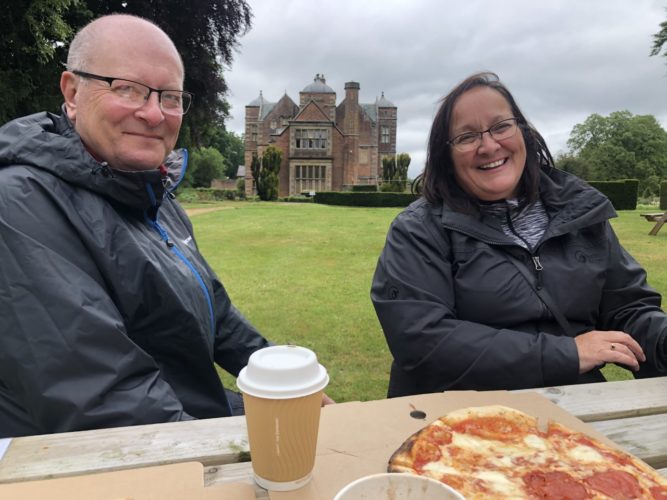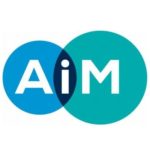AIM, the Association for Independent Museums, is a thriving membership network for independent museums, galleries and heritage organisations across the UK. Here, Director of AIM, Emma Chaplin, shares highlights on how members are facing the challenge of reopening and making the most of the opportunities this presents.
Covid-19 has been a challenge like no other for museums and for many recovery remains uncertain, with significant financial challenges, higher costs and reduced visitor numbers and income meaning some may not be able to reopen until 2021.
Yet independent museums pride themselves on their resilience, their entrepreneurial skills, their ability to both grasp opportunities and flex to meet challenges. And this has been clearly demonstrated as the sector slowly reopens and welcomes back visitors, with some museums already seeing a glimmer of success post-lockdown.
🚂 Opening today!@LTMuseum is now welcoming visitors back for selected days. Have a look at this video they’ve put together to show what visitors can expect.#EnjoySummerSafely | #LoveCultureWeek pic.twitter.com/jXg0g7pXIX
— Department for Culture, Media and Sport (@DCMS) August 19, 2020
It seems that as well as adding significant additional safety measures for staff, volunteers and visitors, the ability to quickly adapt, identify shifting audiences and respond to their needs is key to beginning to recover and plan for the future.
Resilience and success in action
The London Museum of Water and Steam repurposed their outside space, including the car park, with lots of family friendly activities, which has been popular with local residents. Doing something they’ve never done before has proved successful in welcoming a completely new audience and the current team of two have embraced the opportunity to be creative.
Kiplin Hall and Gardens in North Yorkshire saw it’s busiest July on record, with local families already visiting six or seven times over the summer. Kiplin Hall took the opportunity to restructure ticket prices on reopening with a new annual ticket model, this has been well received by budget-conscious visitors but has also boosted Gift Aid income.

For the National Waterways Museum, in Ellesmere Port, the attention to detail has paid off, with carefully placed good quality signage and messages of reassurance giving the regular audience the confidence to return. The one-way system has worked to the museum’s advantage; as well as being safe it also helps tell the museum’s story and enhances the visitor experience.
For the Roald Dahl Museum and Story Centre, the major challenge was how to make a very interactive, hands on experience Covid secure. But the team have come up with the solution – guided tours for family groups or bubbles, all pre-booked and giving visitors a unique and tailored experience. This change in operating model is not without its own challenges, but the team have a positive outlook for revising the museum, embracing new fundraising approaches and exploring a new online schools programme.
As one of the smallest museums in the country, the Cromwell Museum, in Huntingdon, looked to small shops as the starting point for their reopening plans. They’ve maintained a common-sense approach, implementing simple and practical solutions to make the task of reopening manageable for volunteers and enjoyable for visitors.
Whilst challenges undoubtedly remain, the creative and resilient approach of our independent museum sector is helping ensure memorable and inspiring experiences are still on offer, as we emerge from lockdown.
Join AIM
To find out more about how AIM can support your museum or heritage organisation, visit https://www.aim-museums.co.uk/join-aim/. Membership starts from as little as £62 a year giving access to a host of specialist guidance and advice, webinars and events, plus grants exclusively open to AIM members.
 Department for Culture, Media and Sport
Department for Culture, Media and Sport
